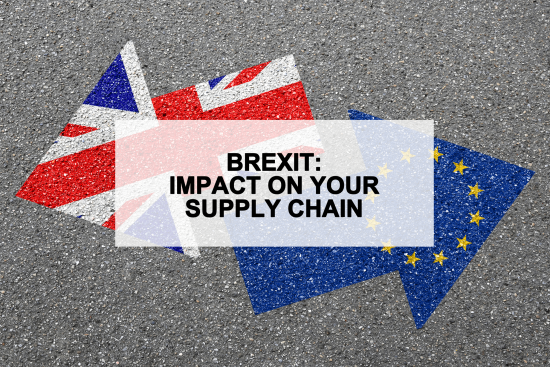On January 1, 2021, Brexit comes into force and the United Kingdom leaves the European Union. By becoming a third country again, customs formalities between France and the United Kingdom will be re-established. In order to make the transport of goods more fluid, Bansard International and its customs service will accompany you in anticipation of this new border.

A new trade agreement is being negotiated between the United Kingdom and the European Union. Two situations may arise:
- The agreement on the future relationship has failed or is not completed/ratified. In this case, we would revert to a "no trade deal" situation with the application of WTO conditions.
- The Future Relationship Agreement is ratified before December 31, 2020. The newly negotiated terms will then enter into force.
On January 1, 2021, at the end of the transition period and regardless of the outcome of the negotiations, there will be a restoration of the border, import-export declarations, customs duties, and controls.
For countries outside the European Union, as the United Kingdom no longer benefits from European Union agreements, bilateral negotiations are underway to put in place new trade agreements.
Brexit will have significant customs, logistical, fiscal, and financial impact on companies' supply chains.
With forecasts of more than 400 million customs declarations annually between the United Kingdom and the European Union from 2021*, Bansard International's customs teams are ready to support you with solutions dedicated to Brexit.
*Source: HRMC (Her Majesty Revenue and Customs) juin 2020



